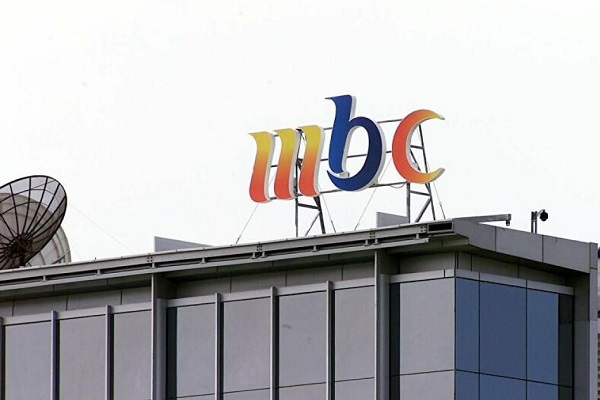
MBC Group has divested 2.45 million shares of Al Arabia, amounting to a substantial $111 million deal, marking a significant shift in its investment strategy. The move follows a broader trend in the media industry, where conglomerates are re-evaluating their holdings amid changing market dynamics and financial pressures.
Al Arabia, a major player in the Middle Eastern media landscape, has seen fluctuations in its stock performance in recent years. Following the announcement of MBC Group’s sale, the share price experienced a decline of approximately 2.3% in early trading, reflecting investor concerns over the future direction of both companies.
This sale is part of MBC Group’s ongoing strategy to streamline its operations and focus on core businesses, which include television broadcasting and digital content production. The media conglomerate, based in Dubai, has been actively seeking to optimize its portfolio, particularly in the wake of rising competition from global streaming services and shifts in consumer behavior.
MBC Group’s management indicated that the proceeds from the sale will be reinvested into enhancing its digital capabilities and expanding its content offerings. The company has increasingly invested in original programming, aiming to capture a larger audience share in the competitive media market. This strategic pivot is essential for maintaining relevance as viewership habits evolve, especially among younger demographics who are gravitating towards on-demand content.
The divestiture also reflects a broader trend in the Middle Eastern media sector, where companies are facing pressure to innovate and adapt to a rapidly changing landscape. The impact of digitalization on traditional media outlets is profound, necessitating a rethinking of investment strategies and operational focuses. Al Arabia, while a well-established name, has not been immune to these challenges, experiencing difficulties in maintaining its advertising revenue in a saturated market.
Market analysts suggest that MBC Group’s decision to sell its stake in Al Arabia is a tactical response to these industry pressures. By liquidating its holdings, MBC can better position itself to compete against global players who are increasingly penetrating the Middle Eastern market. This strategic repositioning aligns with the broader shift toward digital media consumption, with audiences demanding more flexibility and accessibility in content delivery.
The decision comes amid a backdrop of ongoing consolidation within the media sector, as companies look to maximize their reach and profitability. MBC Group itself has undergone various transformations over the years, expanding from a traditional television network to a multifaceted media entity that now encompasses film production, digital media, and more. This diversification is seen as critical to staying relevant in an era dominated by streaming giants.
As the media landscape continues to evolve, the future of traditional broadcasting companies remains uncertain. The need for innovation and adaptability is paramount, with many companies now prioritizing digital content creation and distribution. MBC Group’s recent share sale underscores this urgency, reflecting the challenges faced by traditional media in a digital-first world.
Investors and analysts will be closely monitoring the effects of this divestiture on both MBC Group and Al Arabia. The outcome of MBC’s strategic realignment will likely influence the market dynamics within the region, as competitors assess the viability of their own business models in light of these developments.
MBC Group’s leadership has expressed confidence that the sale will ultimately enhance its competitive edge, allowing for a more focused investment approach. As the company reallocates its resources toward digital initiatives, it aims to capture new revenue streams that align with contemporary viewing preferences.
While the sale of shares is significant, the implications extend beyond immediate financial returns. It signals a conscious shift toward digital transformation, emphasizing the necessity for media companies to innovate continually. In this environment, the agility to pivot quickly is becoming increasingly crucial for survival.
The media sector is also grappling with regulatory challenges and changing audience expectations. Governments in the region are enacting policies aimed at fostering local content production and reducing dependence on foreign media. This landscape presents both opportunities and challenges for MBC Group and its peers, as they navigate the complexities of compliance while striving to engage local audiences.




